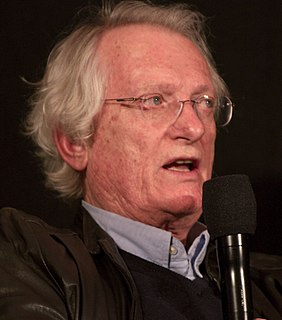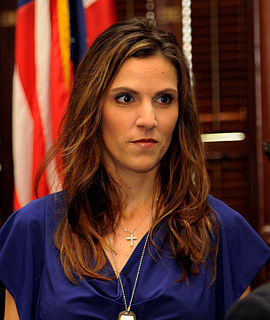A Quote by Peter Temple
In writing, I'm totally anti-plans of any kind. All my attempts to plan and plot novels have come to grief, and in expensive ways.
Related Quotes
One method of staying ahead of rising asset prices and the declining dollar is to think bigger and come up with better plans. As important as financial and business planning is a plan for personal development and self-improvement. I'm often asked to invest in people's business plans, and one of the reasons I turn many of them down is because a big plan requires a big person who's spent time on personal development. In a lot of cases, a business plan is far bigger than the person with the plan - that is, the dream is bigger than the dreamer.






































